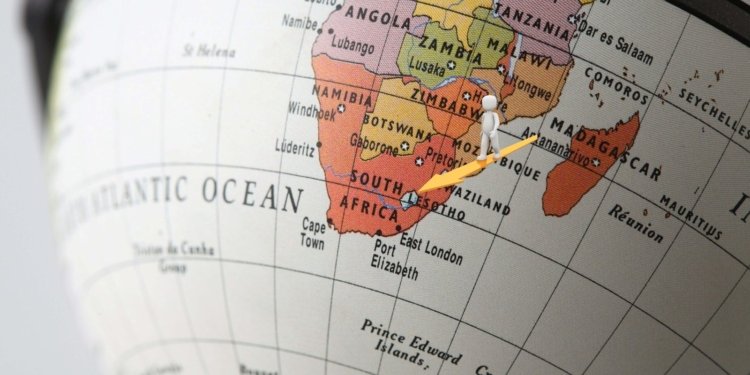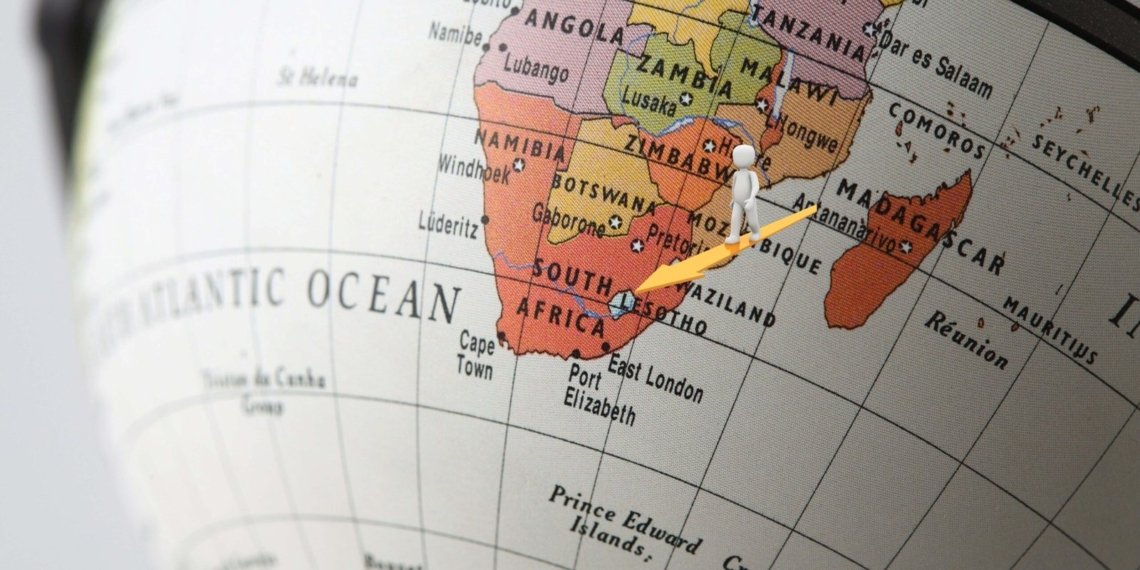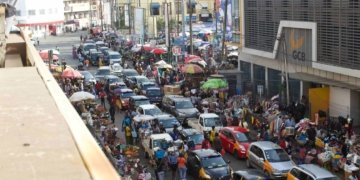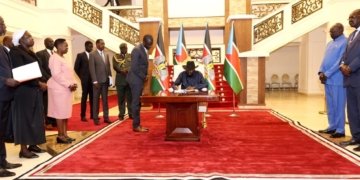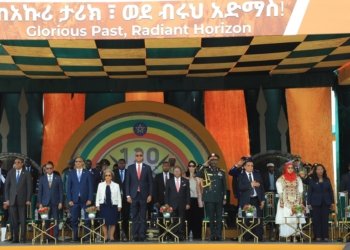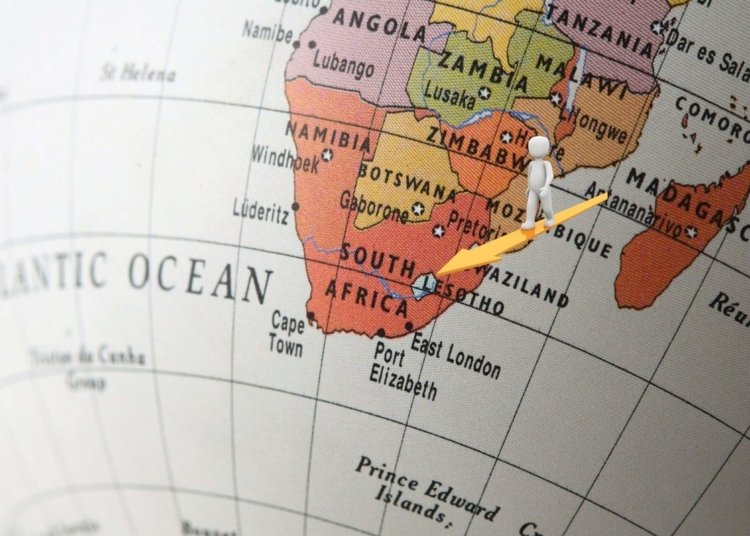MASERU, Lesotho (BG) – In a Tuesday evening speech before the U.S. Congress, President Donald Trump listed several foreign expenditures he deemed wasteful. Among them was aid to Lesotho—a beautiful African country he dismissively referred to as “the African nation of Lesotho, which nobody has ever heard of.”
The comment provoked an immediate backlash. Lesotho’s foreign minister, Lejone Mpotjoane, condemned the statement as “quite insulting,” expressing disbelief that his country could be referred to in such a dismissive manner.
“I’m really shocked that my country can be referred to like that by the head of state,” he told Reuters.
“Lesotho is such a significant and unique country in the whole world. I would be happy to invite the president, as well as the rest of the world, to come to Lesotho.”
Across Africa and beyond, Trump’s remarks faced criticism, as many perceived them to reflect a wider pattern of Western indifference towards smaller nations.
Yet, this controversy also presents an opportunity to shed light on Lesotho, a nation rich in history, culture, and geopolitical significance.
The United States recognized the Kingdom of Lesotho on October 4, 1966, when the American Embassy at Maseru was established upon Lesotho’s attainment of independence on that same date.
Lesotho: A Kingdom of Resilience and Heritage
Far from being an obscure, inconsequential state, Lesotho has a profound historical legacy and a unique position on the African continent.
Nestled entirely within the borders of South Africa, Lesotho is one of the world’s few enclaved nations.
This small constitutional monarchy, home to about 2.3 million people, has maintained its sovereignty despite its powerful neighbour’s political and economic dominance.
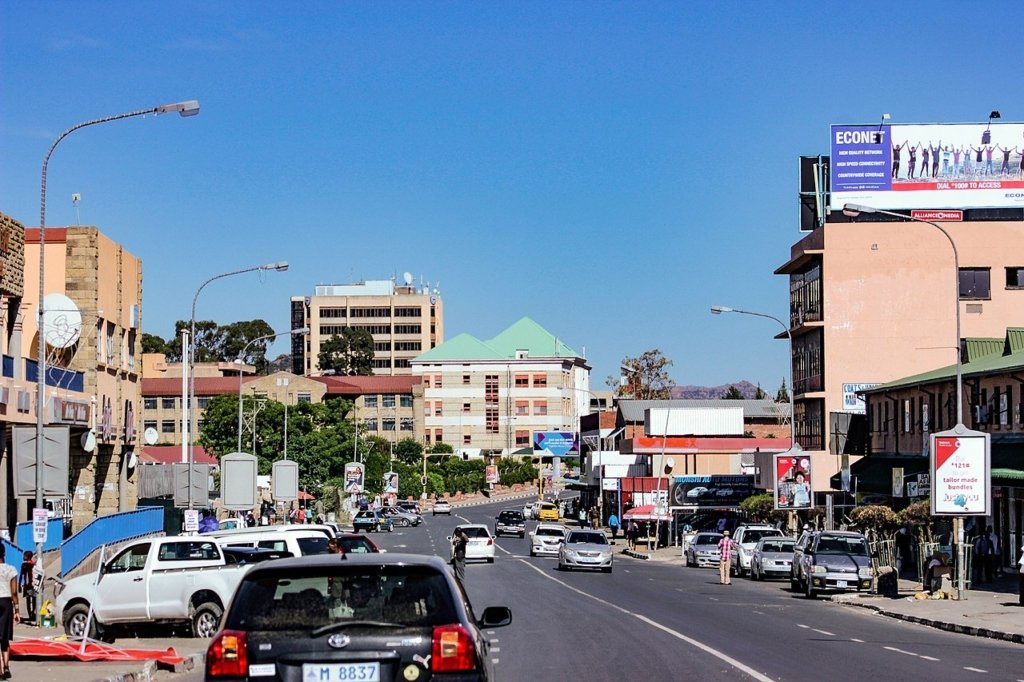
A History of Independence and Survival
Lesotho’s story is one of resilience. The kingdom traces its roots to the early 19th century, when King Moshoeshoe I united various Sotho-speaking groups to resist the encroachment of Zulu expansionists and European colonial powers.
Under his leadership, Lesotho secured protection from the British in 1868, later becoming the British Crown Colony of Basutoland.
Unlike many African nations, Lesotho voluntarily sought British oversight to shield itself from annexation by the Dutch-speaking Boers, who later formed part of South Africa.
Lesotho gained independence from Britain in 1966, retaining its monarchy and establishing itself as a distinct political entity.
Today, the nation remains proud of its heritage, with a rich tradition of diplomacy and self-determination.
A Land of Beauty and Strategic Importance
Beyond its historical significance, Lesotho is known for its stunning landscapes. Dubbed the Kingdom in the Sky, the country boasts the highest low point of any nation in the world, with its entire territory at an elevation of over 1,400 meters (4,593 feet).
This altitude gives Lesotho a unique climate and makes it a key water supplier to South Africa through the Lesotho Highlands Water Project.
The nation’s rivers and dams provide vital water resources to Johannesburg and other economic hubs, reinforcing its strategic importance.
Lesotho has carved out a niche in the global textile industry, supplying garments to major American brands under the African Growth and Opportunity Act (AGOA).
The textile sector remains one of Lesotho’s largest employers, particularly for women, highlighting the nation’s economic interconnectivity with the U.S.—an irony given Trump’s remarks.
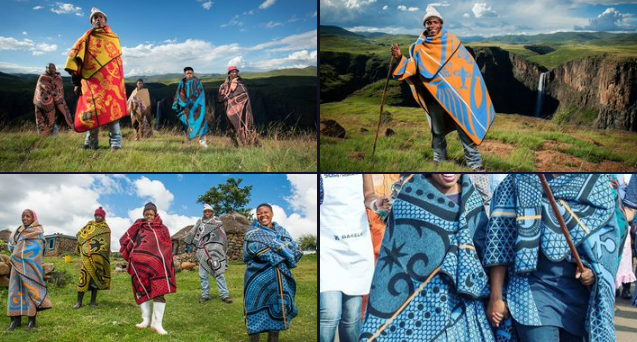
Diplomatic Fallout: The Broader Implications
Trump’s statement was not just an insult; it was a diplomatic misstep that demonstrates the often dismissive attitude toward African nations in Western political discourse.
Lesotho’s leaders quickly pushed back, with Mpotjoane’s invitation serving as both a rebuke and an educational opportunity.
While the U.S. and Lesotho do not share a particularly high-profile bilateral relationship, America has supported Lesotho through various aid programs, including the President’s Emergency Plan for AIDS Relief (PEPFAR) and the Millennium Challenge Corporation.
Such partnerships highlight the importance of diplomatic respect—something Trump’s remark failed to acknowledge.
The controversy echoes past instances where world leaders have underestimated or ridiculed smaller nations, only to face backlash.
In 2018, Trump’s alleged reference to African nations as “shithole countries” provoked outrage across the continent.
It serves as a reminder that global diplomacy requires nuance and respect, regardless of a country’s size or geopolitical weight.
Why Recognition Matters
The uproar over Trump’s remarks speaks to a broader issue: the tendency of some Western leaders to view Africa through a lens of generalization and neglect.
Lesotho’s contributions—to regional stability, environmental conservation, and economic development—deserve acknowledgment.
For too long, the Western narrative around Africa has been one of deficit rather than distinction.
Nations like Lesotho, with their rich histories and strategic roles, challenge this perception.
Instead of dismissing them, global leaders would do well to engage with and learn from them.
Lesotho is more than just a name on a map; it is a proud kingdom with a rich history of resilience and a people imbued with strength, playing a role that extends far beyond common assumptions.
The next time a leader dismisses a nation as “unknown,” it is worth asking: is it the nation that is obscure, or is our knowledge lacking?

